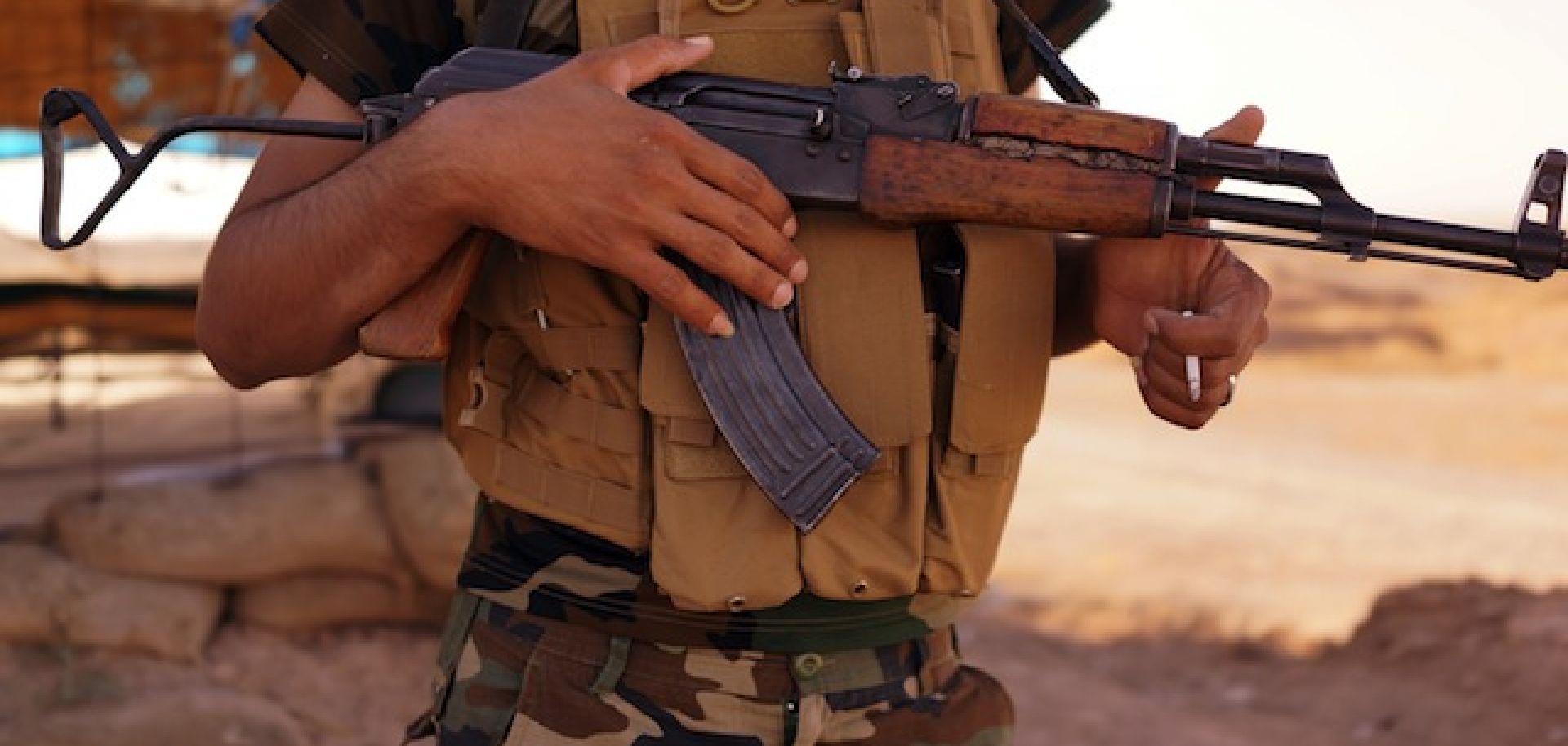ASSESSMENTS
Iraq: Examining the Professed Caliphate
Jul 1, 2014 | 10:01 GMT

(Spencer Platt/Getty Images)
Summary
The Islamic State, previously known as the Islamic State in Iraq and the Levant, has changed its name, but otherwise the militant group remains the same. Over the past weekend, a spokesman for the group announced that it had established a caliphate stretching from Diyala province, Iraq, to Aleppo, Syria. The caliphate is a political institution that the Islamic State claims will govern the global Muslim community. "Iraq" and "Levant" have been dropped from the organization's name to reflect its new status.
The trouble with the announcement is that the Islamic State does not have a caliphate and probably never will. No amount of new monikers will change the fact that geography, political ideology and religious, cultural and ethnic differences will prevent the emergence of a singular polity capable of ruling the greater Middle East. Transnational jihadist groups can exploit weakened autocratic states, but they cannot institutionalize their power enough to govern such a large expanse of land. If anything, the Islamic State's drive to unify the Middle East will actually create more conflicts than it will end as competing emirates vie for power in the new political environment.
Subscribe Now
SubscribeAlready have an account?
